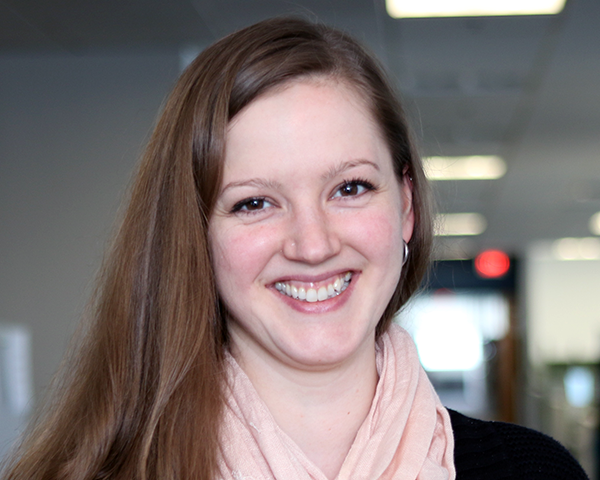 As the world struggles with understanding COVID-19, medical researchers at Emory are accessing much-needed patient data from the LITS Data Solutions Team via a pair of projects that have been refocused to directly address the current crisis.
As the world struggles with understanding COVID-19, medical researchers at Emory are accessing much-needed patient data from the LITS Data Solutions Team via a pair of projects that have been refocused to directly address the current crisis.
Real-Time Analytics (RTA)

Real-time analytics (RTA) is utilizing data almost as soon as it is written into the Emory Healthcare’s Electronic Medical Record so decision makers can discover insight about patients and the EHC ecosystem. The project team consists of a multi-disciplinary team, including Jim Blum (Faculty in Emory School of Medicine Biomedical Informatics Department); Archana Kudrimoti, Stephanie Rodgers, and Jeff Weaver (LITS UIT); Brandon Tani, Bruce Douglas, and Tina Parmar (LITS: Emory Healthcare IS); Robert Tweedy, Whitney Hogg, Alex Edwards, Dileep Gunda, and Nita Deshpande (SOM BMI) .
The project team has shifted their work on RTA to orient around COVID-19 in order to assist with operations or research.
The original idea of the project was to monitor patient information within the hospital to potentially provide alerts to clinicians that something is wrong. For example, if someone was showing signs of sepsis, an algorithm could alert a doctor. With COVID-19 coming, Jim pivoted the project to analyze patients in the hospital for Coronavirus indicators to more quickly recognize when patients need to be moved to the ICU.

The team created a dashboard that has been very well received, especially by the critical care teams in the hospital. This successful effort demonstrates the usefulness of collaboration and adapting a tool for a specific situation.
CRADLE
Clinical Research Analytics Data Lake Environment (CRADLE) is a project that centers around creating a “data lake” for Emory’s clinical research. While a “data warehouse” refers to highly structured data for the purpose of fast data queries, a data lake is a repository for all data, regardless of structure, in order to capture everything possible for later use. CRADLE uses AWS services to implement modern data technologies.
The original goal of the CRADLE project was to create a dataset of patient data that third-party machine learning tools can use to find new insights about the data. This data is “de-identified,” so that the patients’ identities will not be revealed. The idea is to make healthcare data more accessible to the Emory community and to allow that community to use more modern tools to process the data.

However, the need for access to this data during the COVID-19 crisis is so great that the team decided to shift the project toward providing COVID-19 data and adjusting how the data is presented so that a higher amount of patient demographic data can be provided for analysis. Faculty researchers at Emory are excited about access to this data. The team has worked with Healthcare Compliance and the Office of Technology Transfer to set up a data use agreement that allows them to provide a limited data set to researchers without needing to go before the institutional review board (IRB), which is a lengthy process. This dataset is still de-indentified, except that it includes dates and zip codes which dramatically help researchers understand how the virus is spread.

The big picture for the Data Solutions Team beyond COVID is that they are proving the value of having data available in AWS for researchers where they are doing heavy machine learning on the data. Rather than exporting large amounts of data manually, and because everyone is working from home, the AWS environment has been particularly useful. The team has shown how quickly they can get data into this environment and allow researchers to use the environment for advanced analytics.
The CRADLE project is the result of hard work that Jeff Weaver (director, data solutions) and Emma Wang (informatics analyst III, Data Soluitions) have done to make this possible, along with the project management help from Keith Covert (project manager, PMO) and support from Kendra Little, who is a manager on the Data Solutions Team.
Both RTA and CRADLE are examples of how Data Solutions has risen to the crisis at hand to provide much-needed assistance to Emory Healthcare.
Leave a Reply